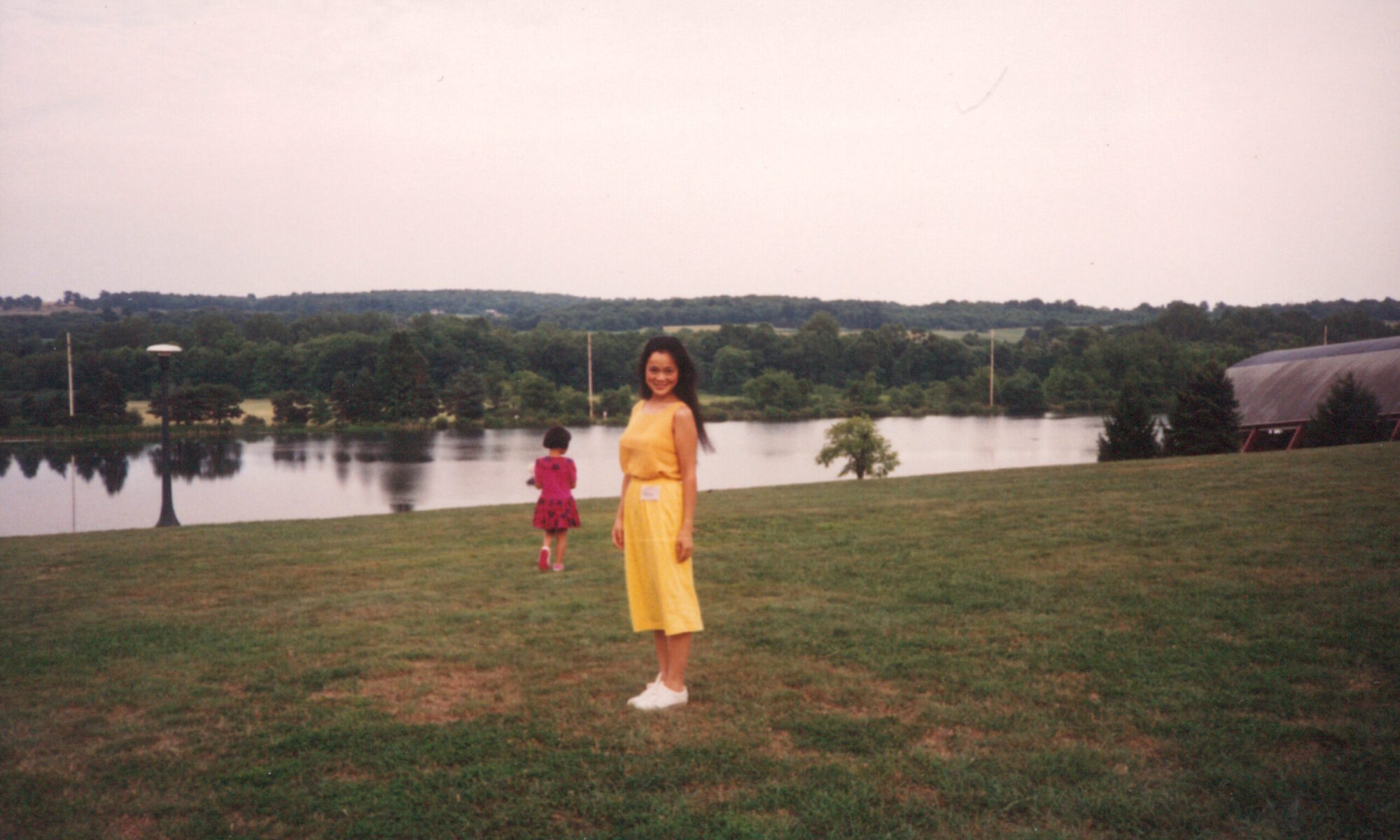Many of the smartest math, science, and cs people I knew from the Pittsburgh area when I was in high school during 1999-2003 attended programs like Andrew’s Leap and PGSS. Recently I learned these programs have lost funding and ceased to run and/or degraded significantly in quality/reputation. After devoting resources passionately trying to raise funds, I suddenly questioned if my behavior was optimal- have these programs simply been replaced by superior alternatives? Is my desire to fund these programs based on a personal bias? As silly as it might sound, this question disturbed me greatly and kept me up all night. I’ve decided that I want to do what helps the most students rather than what I remember most fondly because the goal is helping students, not keeping alive institutions I happen to have enjoyed. If there now exist better programs for talented Pittsburgh students, then I’d like to know about them so I can allocate my resources to best help the most students and support those programs instead.
Andrew’s Leap and PGSS are awesome programs that help people. The question is not whether these programs add value but whether they are the best allocation of resources. Suppose there was another program exactly like Leap except it helped 2x as many students and it was named Steven’s Hop. Should I fund Hop or Leap? What if I know about the existence of Hop but decide to fund Leap anyway because I simply feel more attached to Leap, since I happened to have attended Leap (Hop did not exist; Leap was my only option at the time)?
Suppose the 2 most talented kids in Pittsburgh are dangling off a cliff and I have my old faithful dog Yeller who has the strength to drag one of them off the edge. But then suppose there exists another dog Lassie who is really strong and can pull BOTH the children off the cliff. Lassie is happily smile-panting next to me, waiting for me to say, “Go save both those kids, boy!” But I don’t even glance at Lassie and instead only have eyes for Yeller because he’s my faithful, old dog who rescued me from a cliff when I was a kid. I tell Yeller, “Go save a kid!” Yeller drags a kid to safety and then lies down, too exhausted to move for the next few hours while the second kid eventually falls to her doom. If you were watching, would you say, “Nancy, you are a hero for saving that kid!” or would you say, “Are you nuts? Why didn’t you use Lassie so you could save both those kids!”
This is a question no one would actually ask in real life because in real life no one sees the 2nd kid dead in the ravine. All they see is the one living kid hugging Yeller.
Maybe that should be good enough! After all, I don’t know what the Lassie would be in the real world (Yeller is PGSS/Leap). But if I did notice Lassie, would I be morally wrong in deciding to allocate my resources to Yeller instead of Lassie? If my goal were to help the most kids then I should use Lassie instead. But if my goal includes using Yeller as much as possible then maybe I can just go ahead and use Yeller.
I did some preliminary googling and didn’t find any other programs. So the theory that these summer programs help kids be successful in life would predict that future Pittsburgh kids will not be as successful. Ways we could measure this: economic decline of Pennsylvania, decline of Pittsburgh kids going to top schools or having good careers or going into science/math/cs. If it seems like none of these things are happening, then it would suggest that these programs didn’t matter as much as I thought and even though I had a good time it doesn’t matter that they don’t exist anymore. Time will tell, I suppose! In this case the painful process of generating data involves waiting and seeing if Pennsylvania declines or not. Is that a process we’re willing to endure? In the meantime, I posted this Quora question and am awaiting data via that forum.
One might ask, “What about saving 5 kids in Asia or something instead of 2 Pittsburgh kids?” I guess the response is, “That’s a question for another analogy. Today we’re not asking about Pittsburgh kids vs other kids, we’re assuming it’s the Pittsburgh kids we’re looking at on the cliff and the question is if we want to use Yeller to do it or Lassie.”

